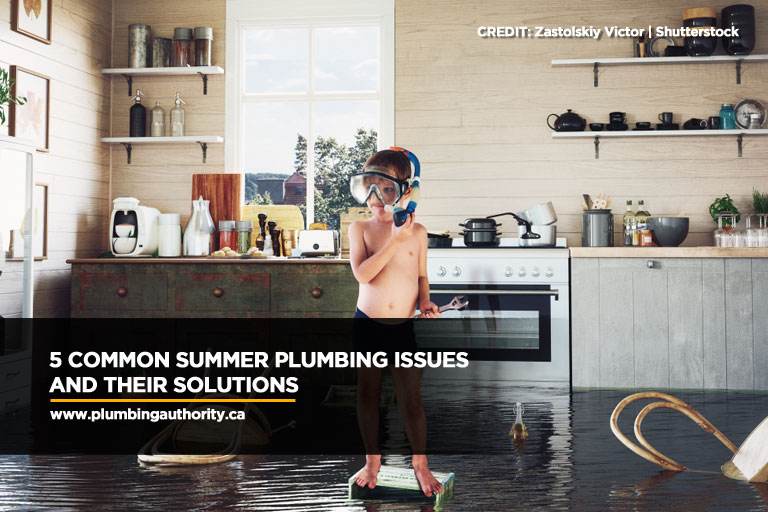
Who doesn’t love the summer? It is the time of the year where people get to enjoy the sun after long months of cold. Summer months mean adventures, beaches, cookouts, and family vacation trips. While we are busy enjoying the summer, we tend to forget the potential plumbing disasters waiting to happen during this active time of the year.
Now that summer is here, you are probably glad that the months of worrying over frozen pipes are over. Unfortunately, this season is equally disastrous. All the increased outdoor activities can also put an extra workload on your plumbing system, resulting in various issues and expensive repairs.
Common Summer Plumbing Issues
Being prepared and alert can help save you from the plumbing disasters that could happen during this season. Here are some of the most common plumbing problems and solutions to keep an eye on during the summer months.
Flooded Basements
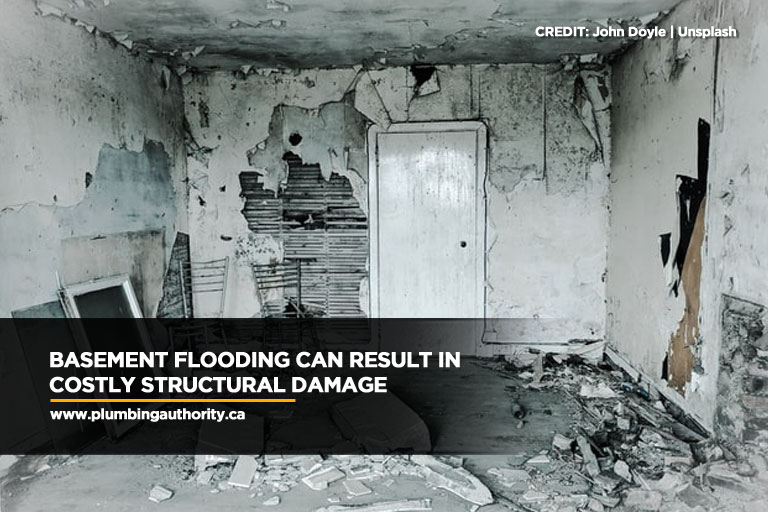
Summer may be a hot season in Canada, but it can also bring storms and heavy rains. When rainwater finds its way through the cracks and gaps in the foundation walls. The water-saturated soil can increase the pressure against the side of the basement walls. This pressure forces the water to seep through the cracks, gaps, and splices. Unreinforced block basements are less likely to endure the pressure and can cause the structure to collapse easily. Moisture can also make your basement a good thriving place for mould. Mould growth can trigger various health problems, such as asthma and skin allergies.
Solutions:
- Waterproofing your basement foundation reduces the risk of flooding by preventing water from seeping into your home. It works by diverting the water while adding a waterproof barrier, allowing you to utilize your basement to the fullest with peace of mind.
- Installing and maintaining a sump pump is another effective way to keep your basement dry any season. The sump pump works by collecting excess water and pumping it out once the basin is filled with water.
Sewer Line Backup
Afternoon storms can saturate the ground with rainwater. Like basement flooding, water can seep through the cracks and gaps in sewer lines, causing the water to back up in your home. Houseguests, extra laundry, and bathing can also increase the workload of the septic system. Inhaling its vapours from stagnant sewer water can cause serious health risks, such as fever and severe gastroenteritis. If left unresolved, long-term inhalation of sewer vapour can be fatal, leading to death.
Solutions:
- Make sure to have your sewer serviced by a professional plumber before the start of summer.
- Install a drain plug in each drain to prevent the sewage or basement drain water from backing up.
- Install a backwater prevention valve to allow the sewage water to flow out and not come back in.
Clogged Disposal
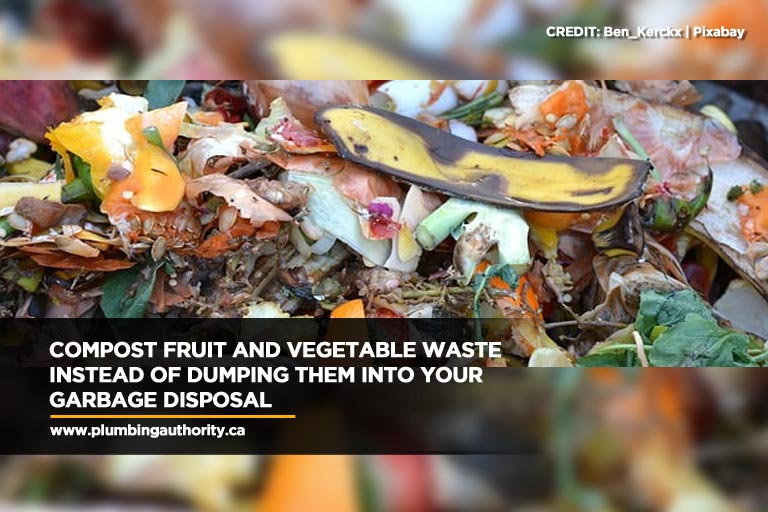
Summer months mean barbeque season for many. You reunite with your friends after the long winter months over the sizzling grill while enjoying a few glasses of beer or wine. All the cookouts, grilling, fresh summer fruits and vegetables, block parties and guests running around the house can put an extra burden on your garbage disposal. Flushing food scraps, fruit peelings, and meat grease can block your garbage disposal.
When the disposal jams up, it can cause the drain fittings to loosen, resulting in a leakage beneath the sink. It can also make the water back up into the sink. With all the waste materials that have built up inside the pipes, the accumulated stagnant water can produce an unpleasant smell that can spread throughout the home, causing headaches and nausea.
Solutions:
- Avoid flushing food waste, eggshells, potato peels and coffee grounds since they can cause serious disposal blockage.
- Use plenty of water when flushing waste to wash down grindings and prevent buildup.
- Mix 1/2 cup of vinegar and 1/4 cup baking soda in a small bowl to make a natural cleaning solution to dissolve food waste buildup or FOG. Pour it into your drain and let it stand for about 10 to 20 minutes. Pour hot water into the drain.
- Using a plunger is another effective alternative if the natural cleaning solution fails to work. If you have a dishwasher connection hose, clamp it off before plunging the drain. Add water to the sink and make sure the water level covers the lip of the plunger. Keeping plunging the drain until the water starts to flow. If you have unclogged the disposal, pour down hot water into the drain to flush out the residues.
Clogged Toilet
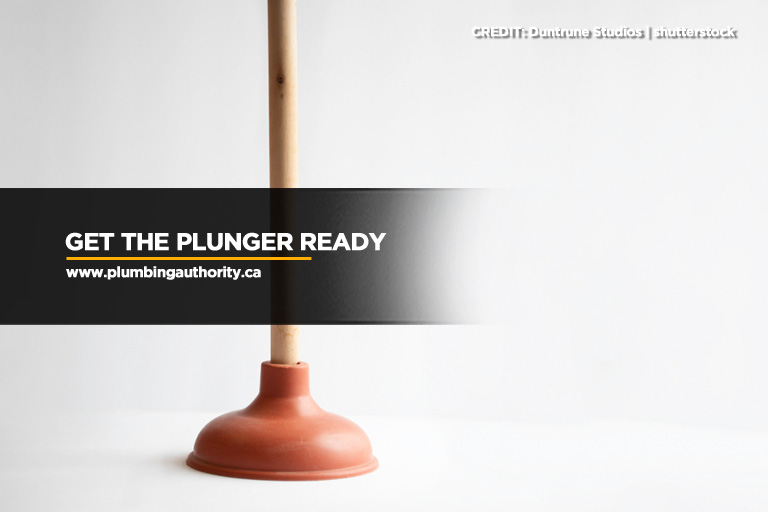
With school out and the kids home, it can only mean one thing — your bathroom will be working double time. Frequent use of the toilet can increase the wear and tear of the flappers, chains, and handles. Flushing tampons, sanitary napkins, tampons, wipes, papers, and other non-flushable materials into the toilet can cause a clog. A clogged toilet can be a breeding ground for harmful germs, such as Legionella. Without immediate toilet clog solutions, this can put you at risk of Legionnaires’ Disease, which triggers chest pain, shortness of breath, coughing, and gastrointestinal problems.
Solutions:
- Teach your children about proper bathroom/toilet etiquette.
- Use a plunger to solve a simple toilet clog.
- Vinegar and baking soda solution can unclog the toilet naturally. Simply combine a cup of vinegar and baking soda and pour it into the toilet bowl. The natural chemical reaction produces bubbles that can loosen up the clog.
- A simple wire coat hanger can help unclog the toilet. Use a small rag and wrap it around the hook to protect the porcelain surface from scratches. Make sure to wear rubber gloves while gently angling the wire down the drain to locate the clog. Once the clog is removed, flush the toilet a few times to dislodge the clog completely.
Overloaded and Clogged Washing Machines
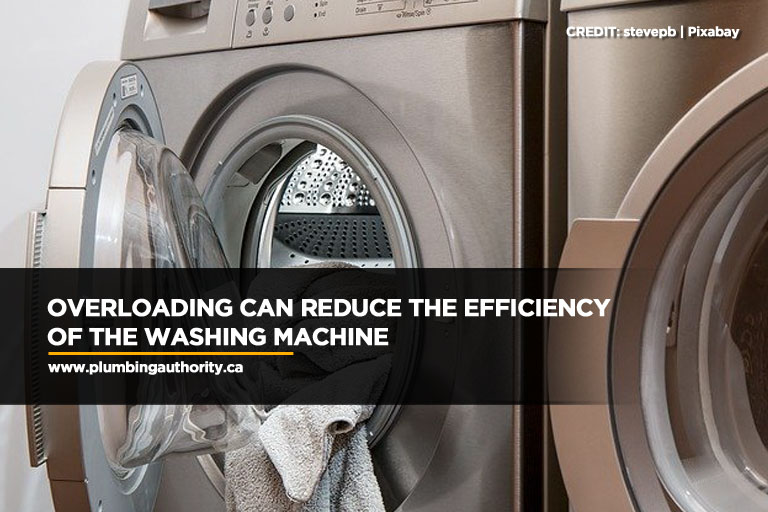
Summer outings and other outdoor activities can lead to overuse and overloading of the washing machine. Repeated overuse can cause the detergent and debris to build up, resulting in a clog. This can also cause the washing machine drain pipe to overflow. If left unresolved, a pipe leak does not only causes a spike in your water bill but also reduces the efficiency of your washing machine.
Solutions:
- If the water overflows from the drainpipe right away, it means the clog is closer. Use a small drain snake to remove the clog.
- If the water does not start to overflow immediately from the drainpipe, it means that the clog is further down. You will need a larger drain snake to clear the obstruction.
- Wash your laundry one load at a time instead of doing several loads all at once.
Prevention Tips to Protect Your Home from Summer Plumbing Disasters
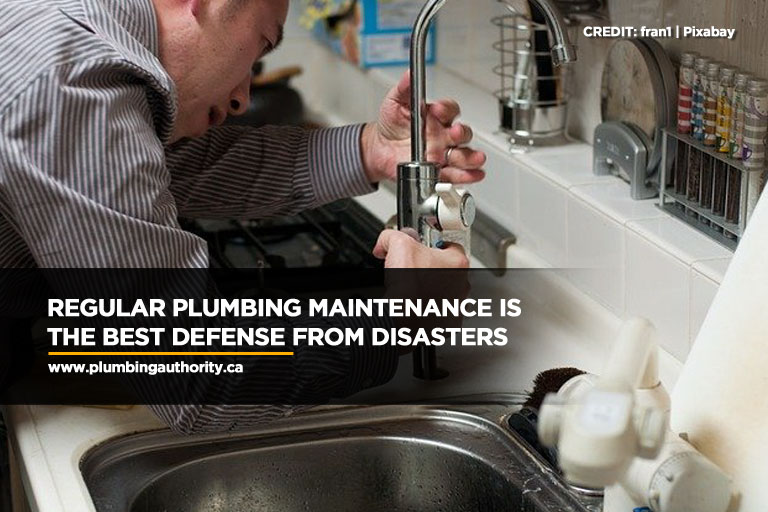
In addition to being prepared and alert to these common summertime problems, here are some additional tips to ensure that your plumbing system continues to operate properly during the warmer months.
- Inspect – Make sure to inspect all the pipes around your home for leaks after winter and before the start of summer. Check your sprinkler system, the drain pipes under your sink, and around the water heater. If you do not have the skills to fix drain pipes, seek emergency plumbing services immediately.
- Locate the Main Water Valve – Know where to locate your main water valve is in case you need to switch it off during an emergency.
- Replace Old Plumbing Pipes – Some of the most common plumbing problems in old houses include old leaking copper pipes that need repair. However, emergency plumbers recommend replacing them if they are damaged or getting old.
- Sewer Line Inspection – Call a plumbing company to inspect or repair the sewer line annually can help prevent unwanted backup in your home or damage to your plumbing system.
The Plumbing Authority hopes that you enjoy your summer without experiencing plumbing problems throughout the season. Residents and commercial owners needing the services of an emergency plumber in King City and nearby areas can reach us 24/7. Call us today at 647-992-PIPE (7473) or fill in our contact form to send us your questions.




